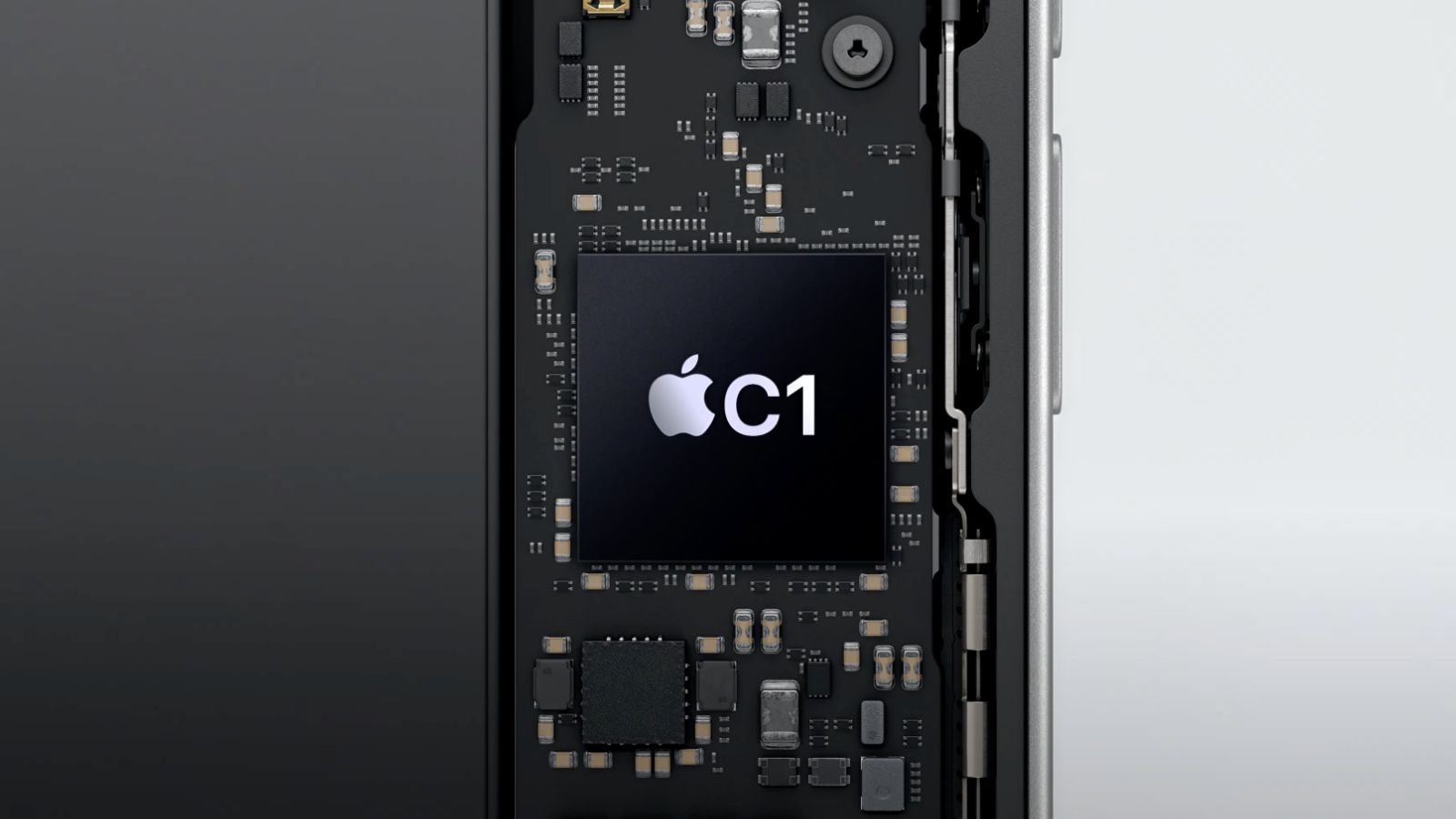iPhone 16e reviews are now out, and Apple's custom-designed C1 modem has been put to the test.The results so far are quite surprising, as the C1's speeds are not as slow compared to Qualcomm modems as originally expected.While the C1 does not support ultra-fast mmWave 5G in the U.S., it appears to offer comparable 5G performance to Qualcomm's Snapdragon X71 modem found in the iPhone 16, iPhone 16 Plus, iPhone 16 Pro, and iPhone 16 Pro Max.
First, here is what some reviewers said.'s Allison Johnson did not notice much difference between the C1 and the X71: 's John Velasco didn't seem to notice any major difference either: What about actual numbers? In his iPhone 16e review video, Andru Edwards said the device achieved a peak 5G download speed of 673 Mbps in his suburban New York yard, while connected to the AT&T network.In the same location, he said the iPhone 16 Pro Max achieved up to a 667 Mbps download speed, so the results seem to be roughly equal.
In the middle of New York City, Edwards said his iPhone 16e achieved a download speed of 127 Mbps on AT&T, whereas the iPhone 16 Pro Max clocked in at 75 Mbps on the same network.In that test, the iPhone 16 Pro Max did have a superior upload speed of around 50 Mbps, compared to around 30 Mbps for the iPhone 16e.In another iPhone 16e review video, shared by Dave Lee of the YouTube channel Dave2D, a speed test shows the device getting around 30 Mbps to 40 Mbps faster 5G download speeds compared to an iPhone 16 Pro Max.
Both devices were connected to the Bell network in Toronto, the most populous city in Canada.And finally, more scientific testing was shared on YouTube by the Chinese channel Geekerwan.The channel tested 5G performance on various smartphones with an artificial 5G network in a lab environment, and the iPhone 16e had comparable 5G speeds and reliability compared to the iPhone 16 and other devices.
Apple says the C1 modem is the most power-efficient iPhone modem ever.More specifically, Apple seems to have told reviewers that the modem is up to 25% more power efficient than Qualcomm modems in other iPhones, and that appears to be an accurate statement.Geekerwan's testing found the iPhone 16e had an average power draw of 0.67W, versus 0.88W for the iPhone 16, which is indeed around a 25% improvement in efficiency.
All in all, these results are surprising compared to reported expectations, and they prove that the C1 modem works just fine in both the real world and lab.









